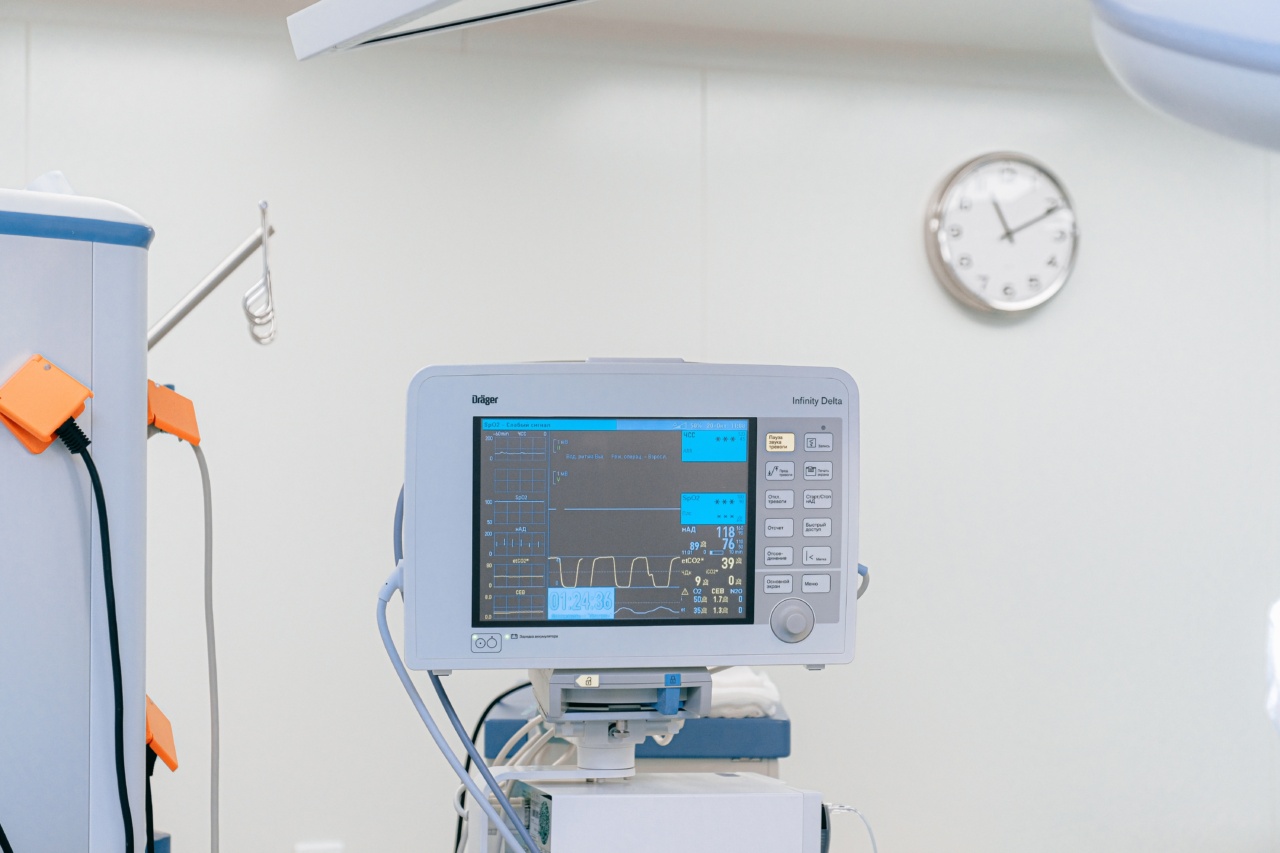The thyroid and the heart are two crucial organs in the body, each with its own vital functions. However, what many people may not realize is that there is a strong connection between these two organs.
The thyroid hormones play a significant role in regulating heart function, and any imbalance in thyroid hormone levels can have profound implications on cardiovascular health. This article will explore the intricate relationship between the thyroid and the heart, and its implications for diagnosis and treatment.
The Thyroid Gland and Its Hormones
The thyroid gland, located in the lower front of the neck, produces hormones that are essential for various bodily functions. The two primary hormones produced by the thyroid are triiodothyronine (T3) and thyroxine (T4).
These hormones are responsible for regulating metabolism, body temperature, and energy levels. The production and secretion of thyroid hormones are controlled by the pituitary gland, which releases thyroid-stimulating hormone (TSH) to signal the thyroid to produce more or less hormones as needed.
The Heart and Its Functions
The heart, as the center of the cardiovascular system, is responsible for pumping blood throughout the body. This vital organ ensures that oxygen and essential nutrients are delivered to the various tissues and organs.
The heart muscle relies on a steady supply of oxygen-rich blood to function properly.
Thyroid Hormones and the Heart
Thyroid hormones have a profound effect on the heart and cardiovascular system. One of their primary functions is to regulate heart rate and rhythm.
A deficiency of thyroid hormones, known as hypothyroidism, can cause bradycardia (slow heart rate) and irregular heart rhythms. On the other hand, an excess of thyroid hormones, or hyperthyroidism, can lead to tachycardia (rapid heart rate) and palpitations.
Thyroid hormones also impact blood pressure regulation. Hypothyroidism is often associated with elevated blood pressure, while hyperthyroidism tends to lower blood pressure.
Additionally, thyroid hormones influence the contractility of the heart muscle, affecting the strength of each heartbeat.
Furthermore, thyroid hormones play a role in cholesterol metabolism. Hypothyroidism can lead to high levels of cholesterol and triglycerides, increasing the risk of atherosclerosis and cardiovascular disease.
Thyroid Disorders and Heart Disease
Given the essential role of thyroid hormones in heart function, it is not surprising that thyroid disorders can have significant implications for cardiovascular health.
Both hypothyroidism and hyperthyroidism have been associated with an increased risk of heart disease and other cardiovascular complications.
In hypothyroidism, the slowed heart rate and decreased contractility can result in reduced cardiac output. This can lead to symptoms such as fatigue, shortness of breath, and exercise intolerance.
Studies have also shown that individuals with hypothyroidism are more likely to develop atherosclerosis and coronary artery disease.
Hyperthyroidism, on the other hand, places additional strain on the heart due to the increased heart rate and heightened contractility. This can result in symptoms such as palpitations, chest pain, and even arrhythmias.
Individuals with hyperthyroidism are at a higher risk of developing conditions like atrial fibrillation and heart failure.
Diagnosis of Thyroid-Related Heart Conditions
When evaluating patients with suspected thyroid-related heart conditions, healthcare providers often perform various diagnostic tests. These may include blood tests to measure thyroid hormone levels, including TSH, T3, and T4.
An electrocardiogram (ECG) may also be conducted to evaluate heart rhythm and detect any abnormalities.
If a thyroid disorder is confirmed, further imaging tests, such as an echocardiogram or cardiac ultrasound, may be recommended to assess the structure and function of the heart.
These tests can help identify any underlying cardiac abnormalities or complications resulting from the thyroid disorder.
Treatment Approaches
The treatment of thyroid-related heart conditions depends on the specific diagnosis and underlying cause. In cases of hypothyroidism, hormone replacement therapy with synthetic thyroid hormones (levothyroxine) is the standard approach.
This treatment aims to restore thyroid hormone levels to normal, subsequently improving heart function and reducing cardiovascular risks.
For patients with hyperthyroidism, treatment options may include antithyroid medications, radioactive iodine therapy, or in some cases, thyroidectomy (surgical removal of the thyroid gland).
By controlling the excess production of thyroid hormones, these interventions can help restore heart rate and rhythm to a more normal state, reducing the strain on the cardiovascular system.
Conclusion
The thyroid-heart connection is undeniable. The thyroid hormones exert a profound influence on heart function and cardiovascular health. Imbalances in thyroid hormone levels can lead to a wide range of heart-related symptoms and conditions.
Understanding this intricate relationship is paramount in diagnosing and managing both thyroid and heart disorders effectively. By addressing thyroid dysfunction through appropriate treatment, healthcare providers can positively impact cardiovascular outcomes and improve the overall well-being of patients.
























